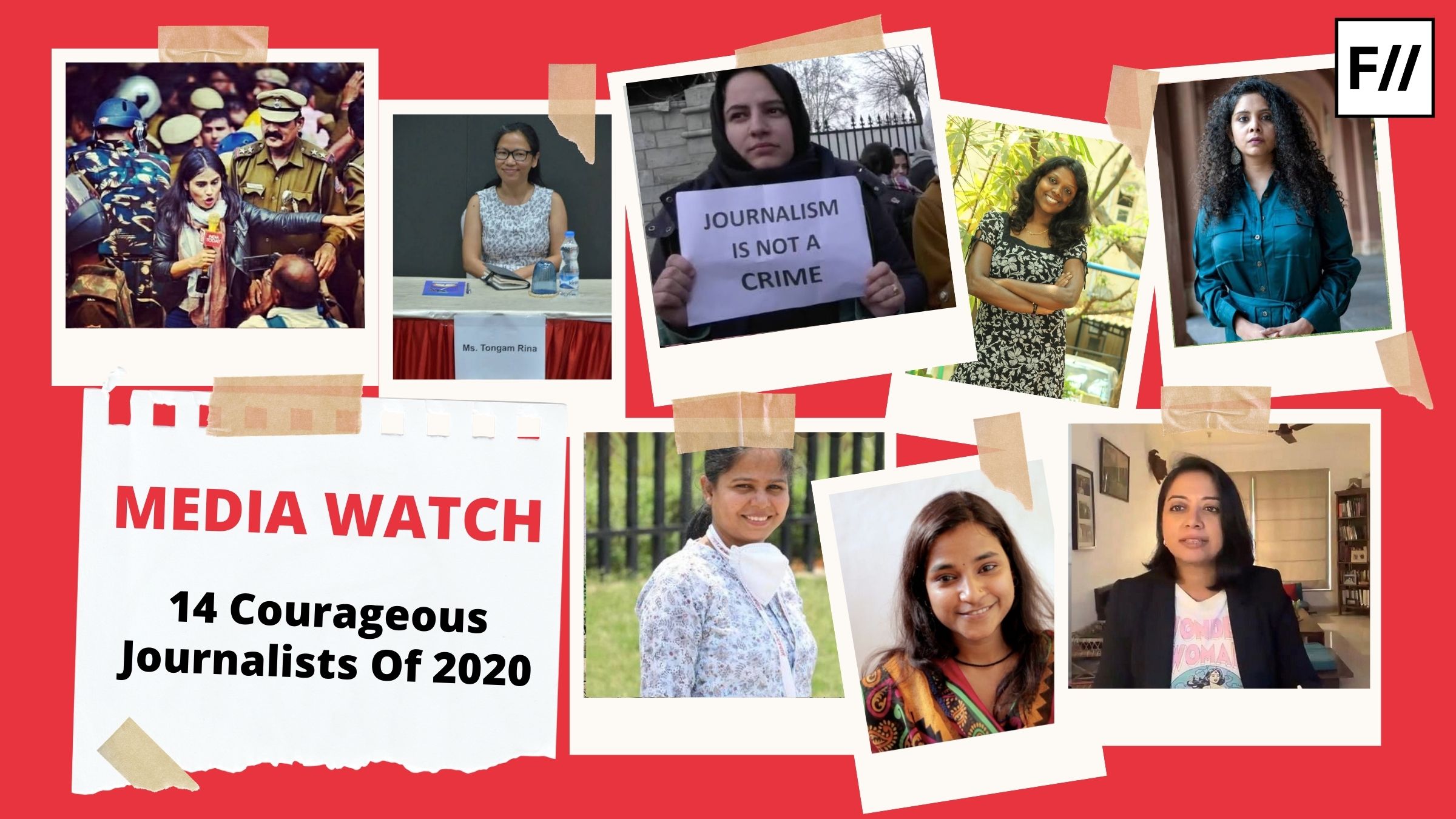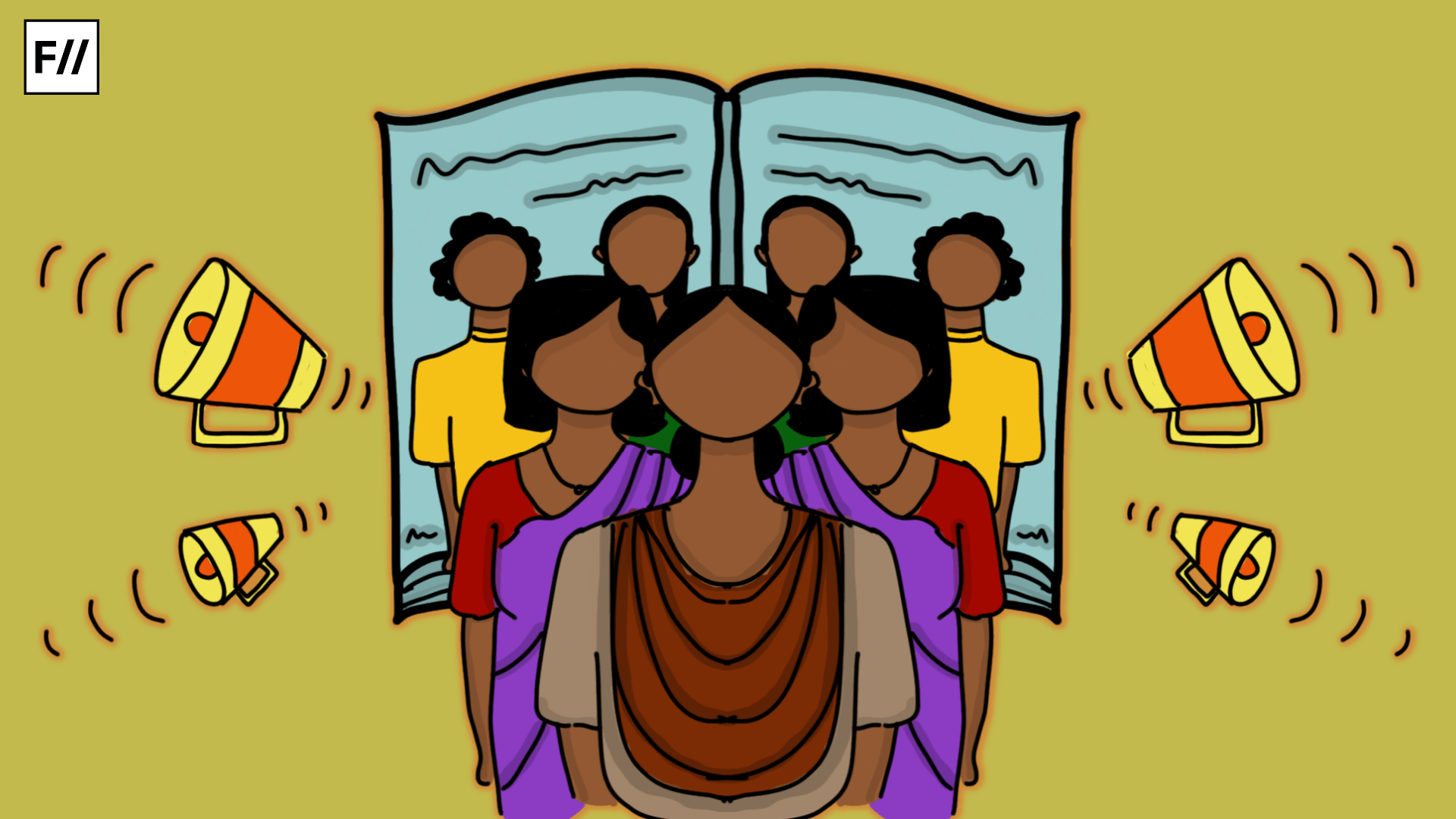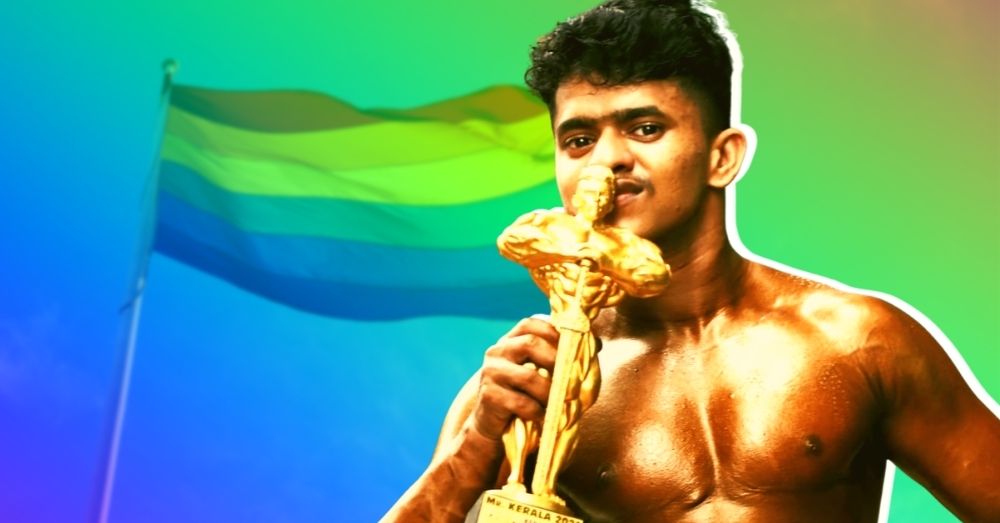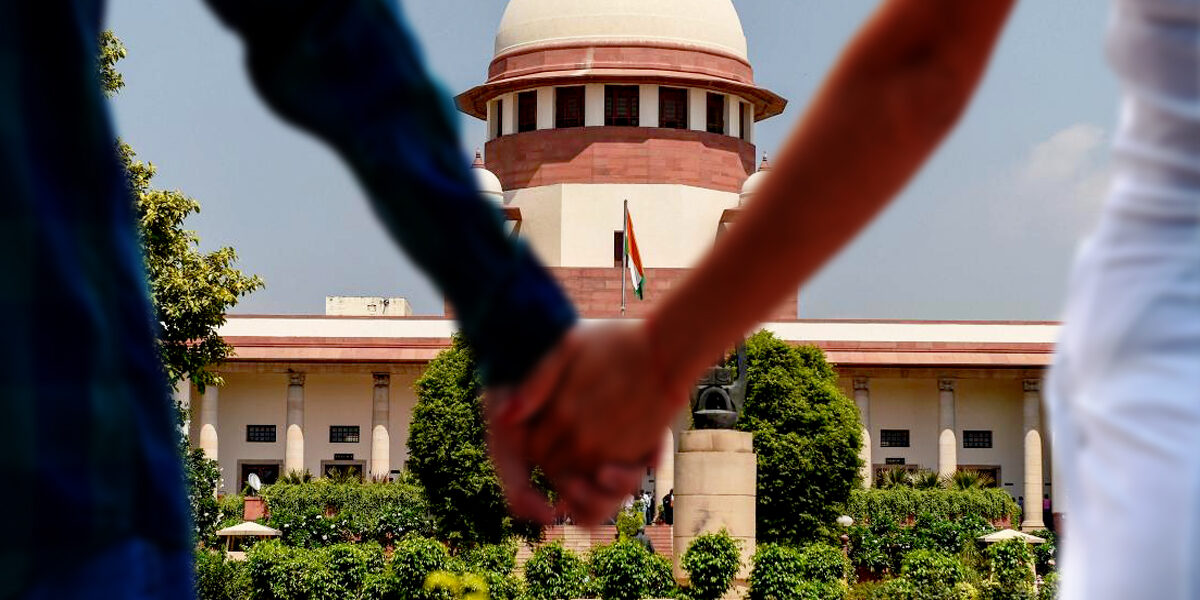Following the disastrous turn of events this year, we are now braving through an economic, environment, health and political crisis. This year, India saw the worst times, beginning from unconstitutional Acts like CAA-NRC-NPR, North-East Delhi riots, a global pandemic, the witch hunt of activists and academicians, crackdown with draconian laws like UAPA, and now the corporate-favouring farm laws that farmers across the country are protesting against. Meanwhile, this year in the World Press Freedom Index, India ranked 142, which is lower than last two years (2019-140) (2018-138). While several journalists chose to peddle the “Sab changa si (All is well)” narrative and gaslight the rest of the population, many others, especially women journalists such as Tanushree Pandey, Faye D’souza, Rana Ayyub, Menaka Rao, etc., stood their ground, speaking truth to power.
Today, we learn about 14 such journalists.
1. Tanushree Pandey
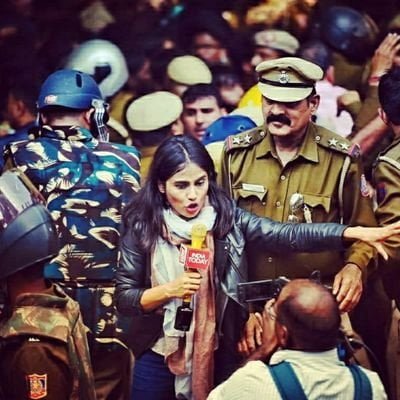
Tanushree Pandey is an Indian journalist working with India Today. She was lauded for her brave reporting in the Hathras gang-rape case. Multiple attempts were made to manipulate the facts of this case; apart from this, there was also media clampdown, while the police tried their best to get rid of the evidence. In such a scenario, she exposed the video of police burning the body of the victim while the family was locked up. Tanushree had to pay a hefty price for this as her privacy was breached and a call that took place between her and the victim’s brother was tapped and released.
2. Masrat Zahra
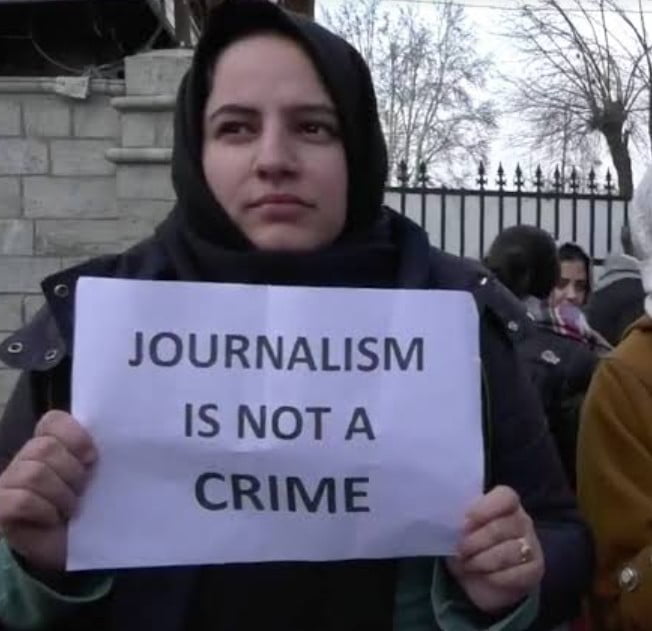
Masrat Zahra is a freelance Kashmiri photojournalist. In her stories, we see local communities and women of Kashmir. Zahra won the 2020 “Anja Niedringhaus Courage” in Photojournalism award from International Women’s Media Foundation and Peter Mackler Award for Courageous and Ethical Journalism 2020. Through her work, we get to see the real Kashmir and the impact Abrogation of Act 370 had. Masrat was also booked under Unlawful Activities Prevention Act (UAPA) along with several others under the claim that her social media posts are ‘anti-national’.
3. Faye D’souza
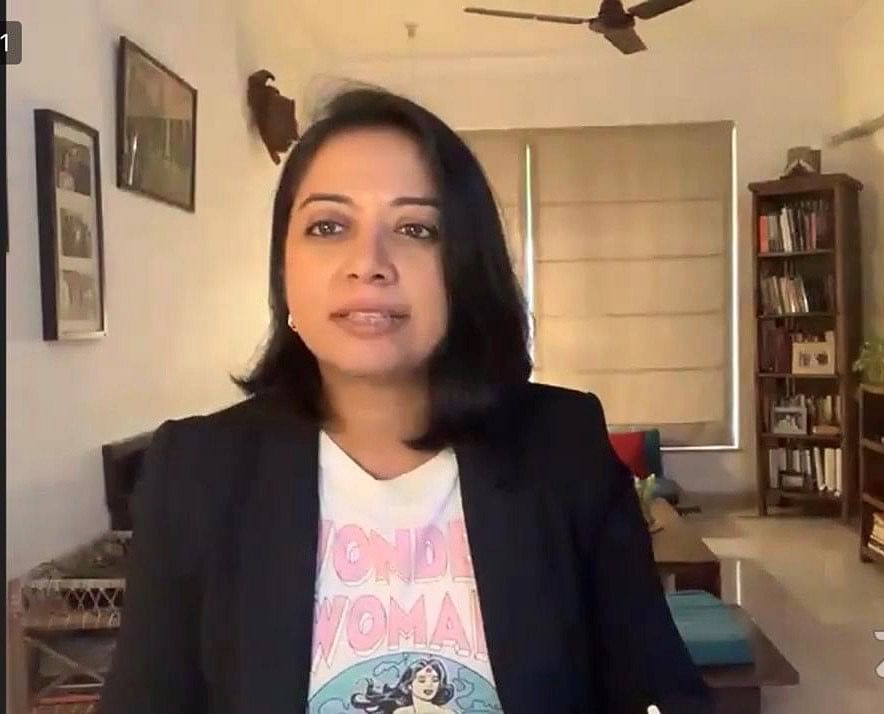
In January 2020, Faye D’Souza teamed up with an online video platform named FireWork. They produced precise videos in which Faye would speak on the current news and headlines. On her Instagram page, Faye introduced “News That Should Be Headlines”, which is a series that lists headlines which mainstream media often overlook. She has amassed a following of over 843,000 people on Instagram, 161,000 YouTube subscribers, all of which is growing by the day, thanks to her unbiased coverage.
Amidst all the chaos and hate-mongering, Faye D’souza has been an authentic source keeping the rest of us updated on the medium we use the most: Instagram.
4. Rana Ayubb
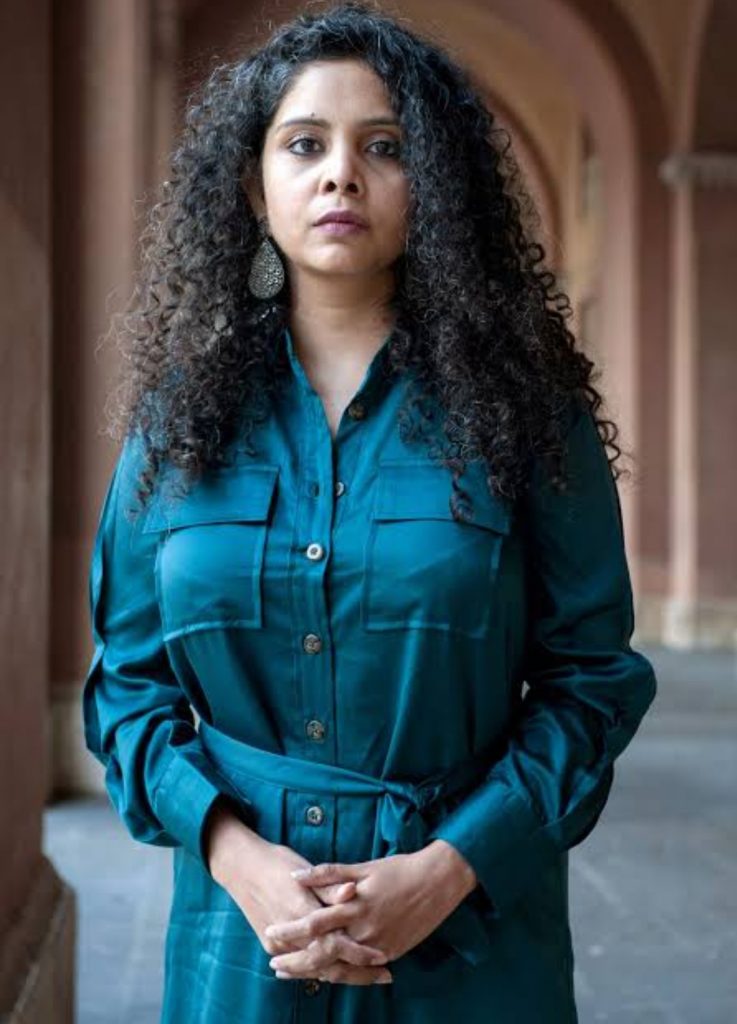
Rana Ayyub is an independent Indian journalist and opinion columnist with The Washington Post. She is the author of the investigative book Gujarat Files: Anatomy of a Cover-Up. This year Rana Ayyub has contributed by amplifying and participating in anti CAA-NRC protests. She has always been vocal about the mistreatment of Muslim minorities. More recently Rana has called out the UP government for perpetuating hatred under “love-jihad” and other Islamaphobic policies.
5. Jeya Rani
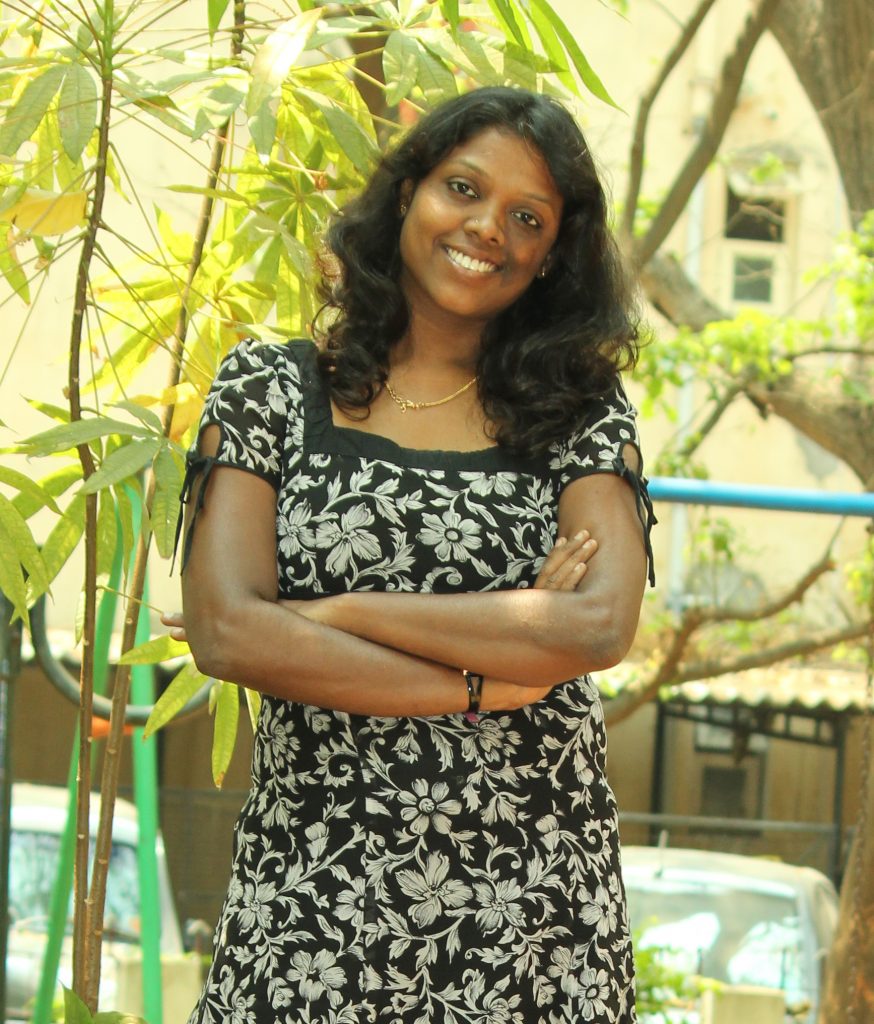
Jeya Rani is a Dalit journalist based in Tamil Nadu who writes for The Wire. In 2016, she had given a speech over ‘Dalit voice is not simply heard in mainstream media’ to highlight disparity and discrimination. For 15 years, she has been writing in Dalit Murasu, a magazine with the sole aim of annihilating caste under the name of Jaathiyatravalin Kural. This year, Jeya has reported caste atrocities, and how Covid-19 has impacted Dalits. She has also written articles calling out Tamil Nadu authorities and public for their silence against caste-based violence.
6. Barkha Dutt
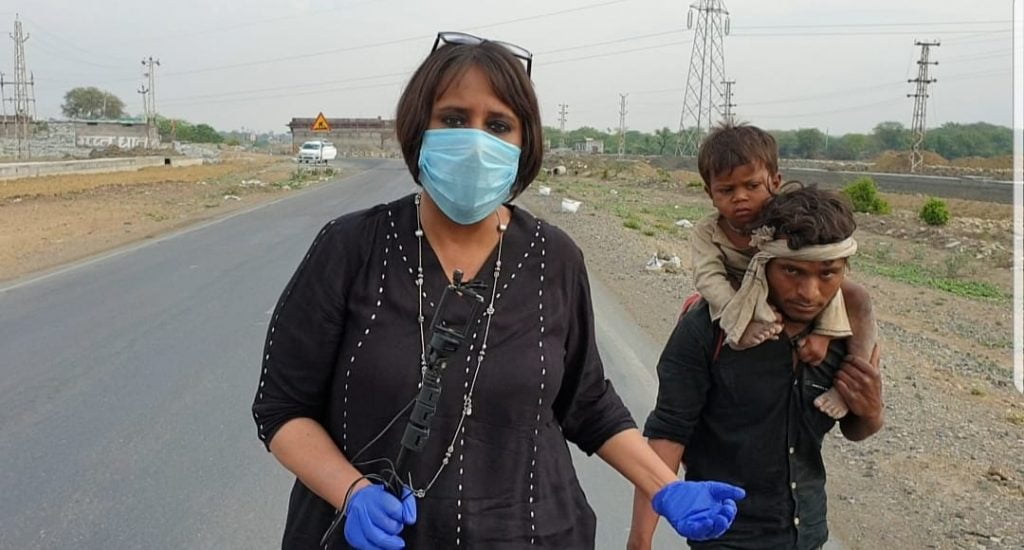
Barkha Dutt is an Indian television journalist, author and founder of the channel MoJo. She is an opinion columnist with The Hindustan Times and The Washington Post. This year, amidst the lockdown, the labourers were left unemployed and homeless. Having no provision for sustenance or means to travel they had no choice but to head back home on foot. While mainstream media ignored this for 50 days, Barkha Dutt hit the road for 120 days. She covered 24,000 kilometres across 13 states and union territories to report the exodus of millions of migrant workers. In such unprecedented times, Barkha Dutt kept us updated on the pandemic hitting the lowest strata of society, and how India has treated and dealt with the plight of our labour force.
7. Rizwana Tabassum
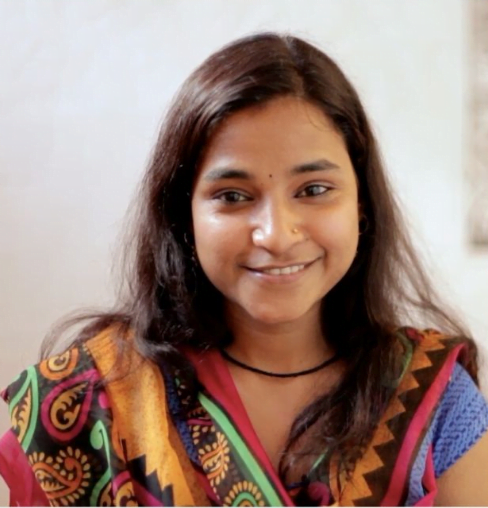
Rizwana Tabassum started her career in 2012 with Khabar Lahariya, a grassroots level feminist organization. After 2018, she shifted to being an independent journalist and was freelancing with several portals like The Wire, The Print and Youth ki Aawaz. She worked very hard on her projects, and especially when her hometown Varanasi came under the constituency of the Prime Minister. Unfortunately, we lost her on May 3, 2020, when she died by suicide. A feminist, journalist and comrade lost too soon.
8. Menaka Rao
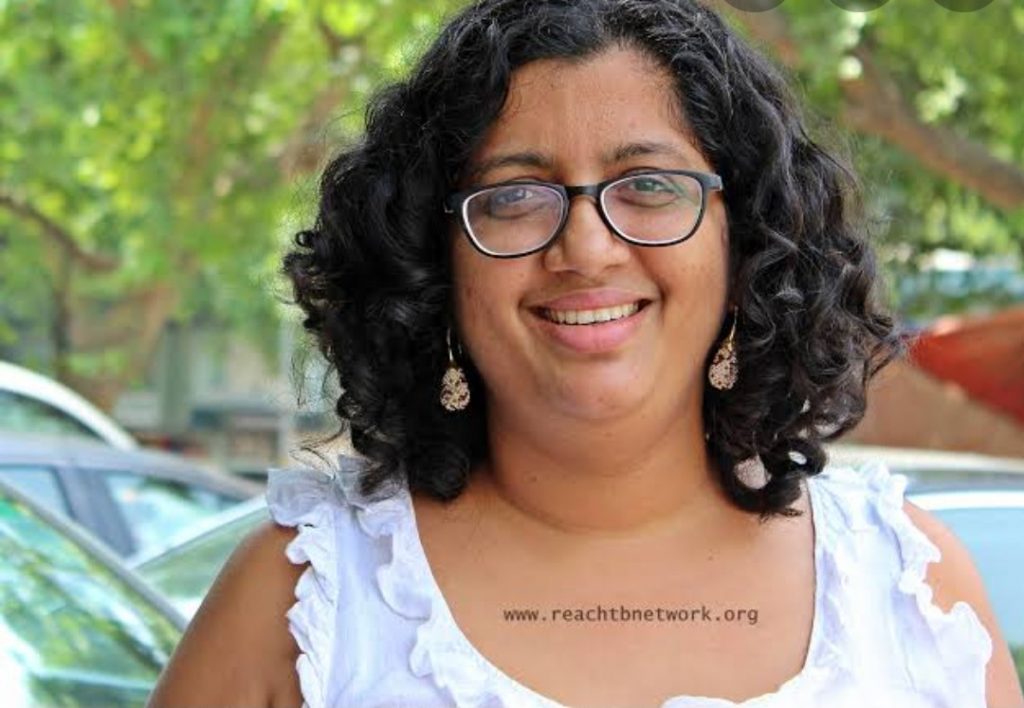
Menaka Rao is a journalist for over 13 years. She has worked for several newspapers in Mumbai including Hindustan Times, and The Indian Express before moving to Delhi. Menaka has worked for Scroll.in and wrote on public health issues across the nation, including important stories related to disease outbreaks, disease control, medical ethics among others. She has also written for international publications such as BBC, The Guardian and reputed long form national magazine, The Caravan. This year she has won the third prize under PII-ICRC Annual Award for the Best Article on a Humanitarian Subject category for her piece ‘We will die doing our duty’: How ASHAs are battling coronavirus without safety gear or training’. In this article, she explored how the front line workers are managing, and doing their job despite the risk.
9. Neetu Singh
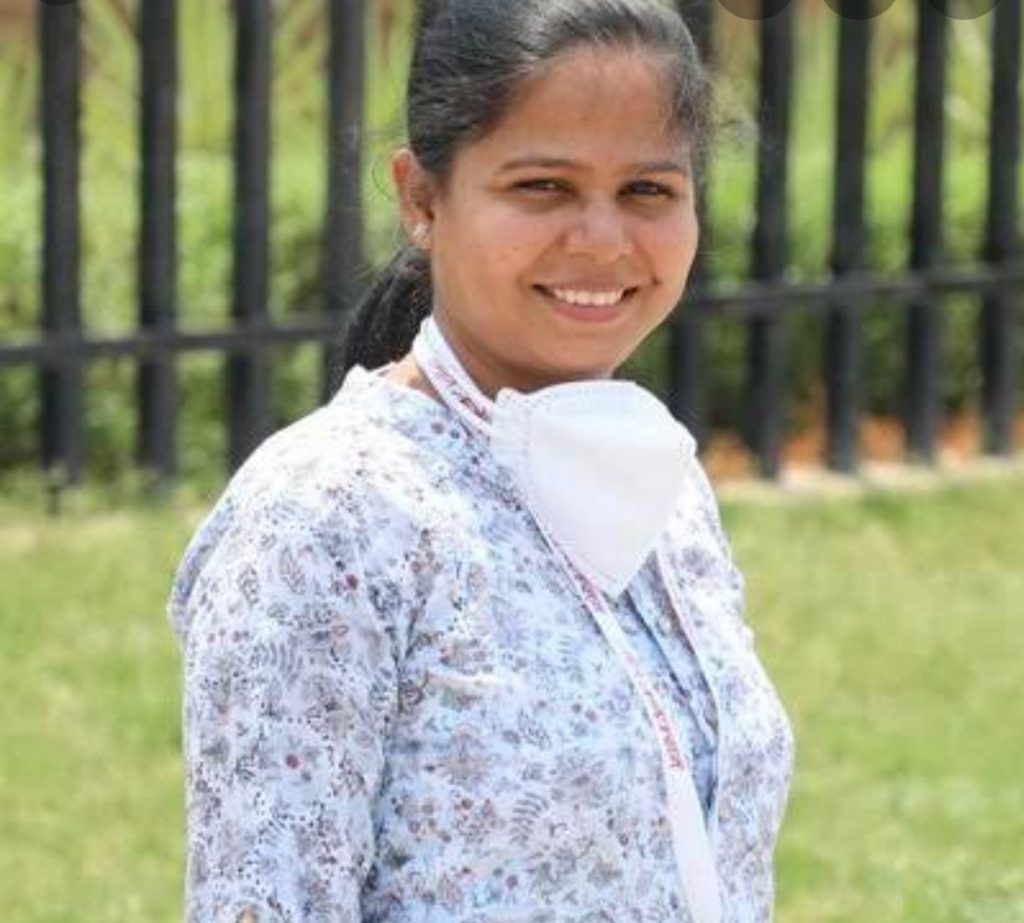
Neetu Singh is a senior reporter working with Gaon Connection, India’s biggest rural media platform. This year Gaon Connection was the recipient of 7 awards by Laadli Media and Advertising Award for Gender Sensitivity 2020, supported by the UNFPA. Out of these 7 awards, 4 were bagged by Neetu Singh. The first one was in the print category for her series ‘Ankahi Kahaniyan (Untold Stories)’, she curated success stories of women from various parts which often go unheard. Singh received the second award for the ‘Hardoi Gang Rape Case’ and ‘How Many More Article 15 Cases’ reports under the Hindi Web category of investigative reporting. She was also awarded for her investigative story about an incident of rape in Lucknow in the English Web category. She won her fourth award in the Hindi Web category for her series on women mechanics and other craftswomen.
10. Pawanjot Kaur
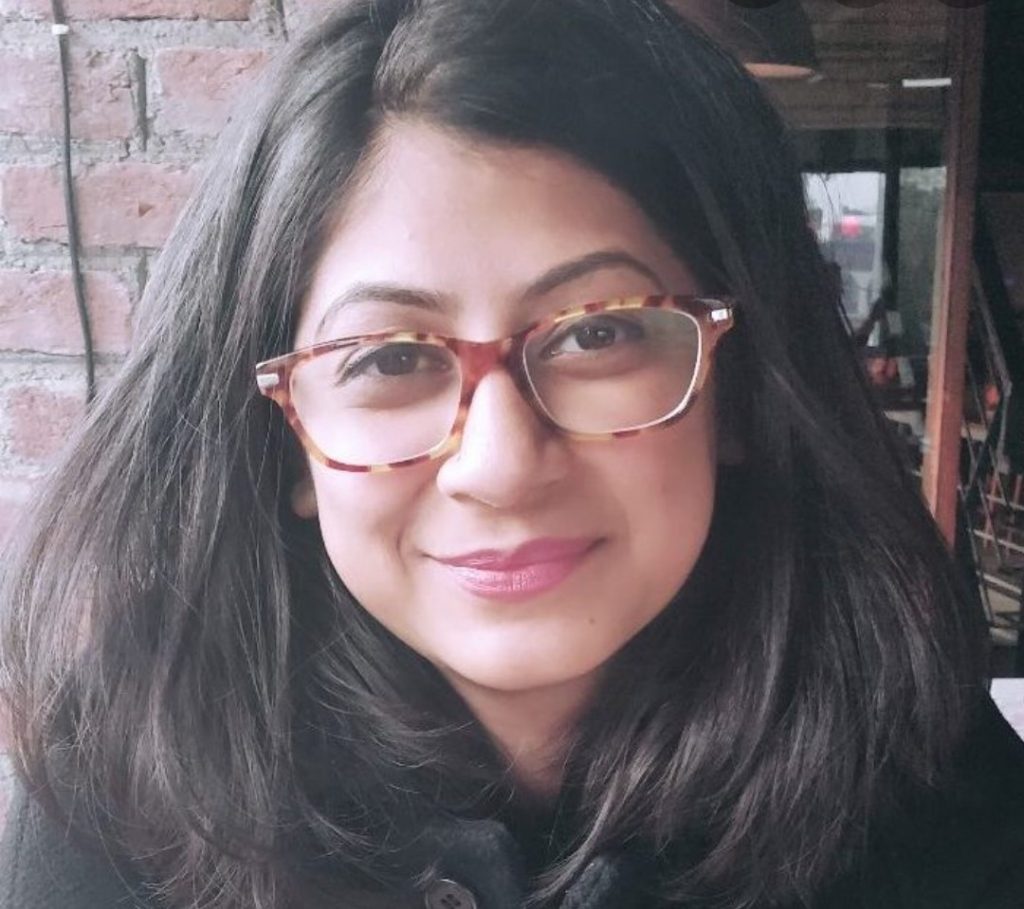
We are ending this year with massive protests from farmers. This is one of the largest protests in human history. This is a fight to repeal the 3 farm laws that are favouring the corporates instead of farmers. While mainstream media has left no stone unturned in vilifying farmers, reporters like Pawanjot Kaur have ensured that media does not distort the real agenda. She has been writing over farmer issues since September. She is a reporter, videographer and the executive producer at The Wire.
11. Tongam Rina
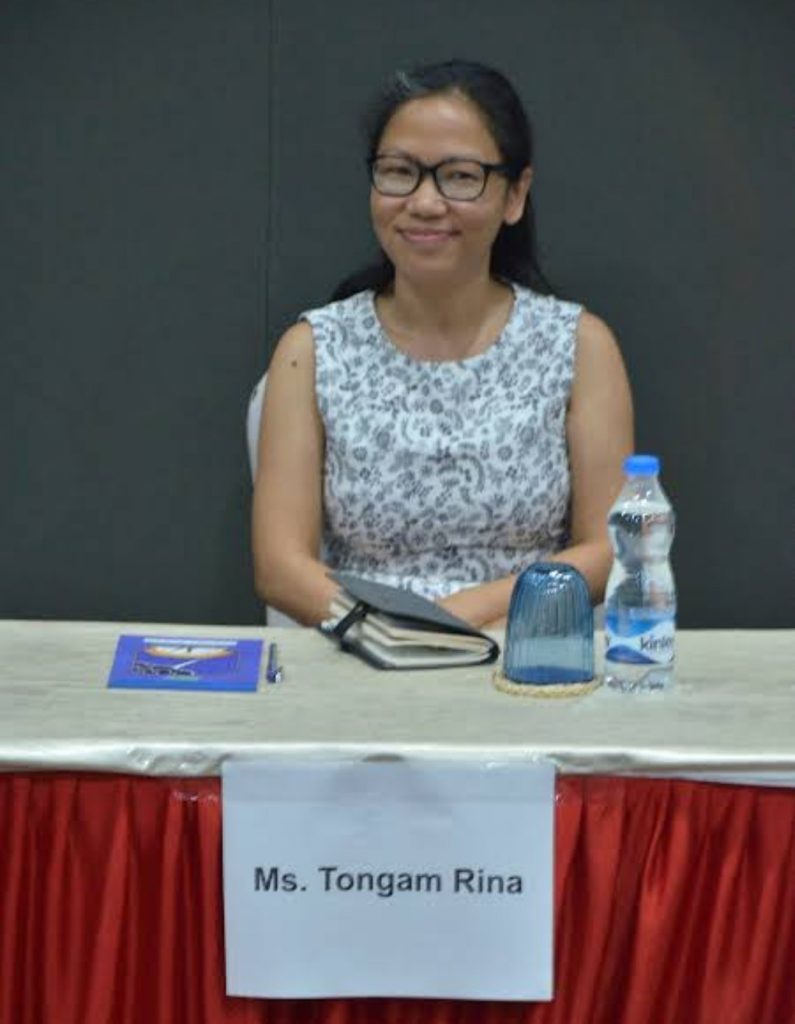
Tongam Rina is an Indian journalist and human rights activist. She is currently the Editor of The Arunachal Times and president of the Arunachal Pradesh Union of Working Journalists. In the last 30 years of her journalism, she has been talking about issues in the North-East, ranging from corruption, hydropower projects, and the injustices that the tribals face.
12. Riddhi Dastidar
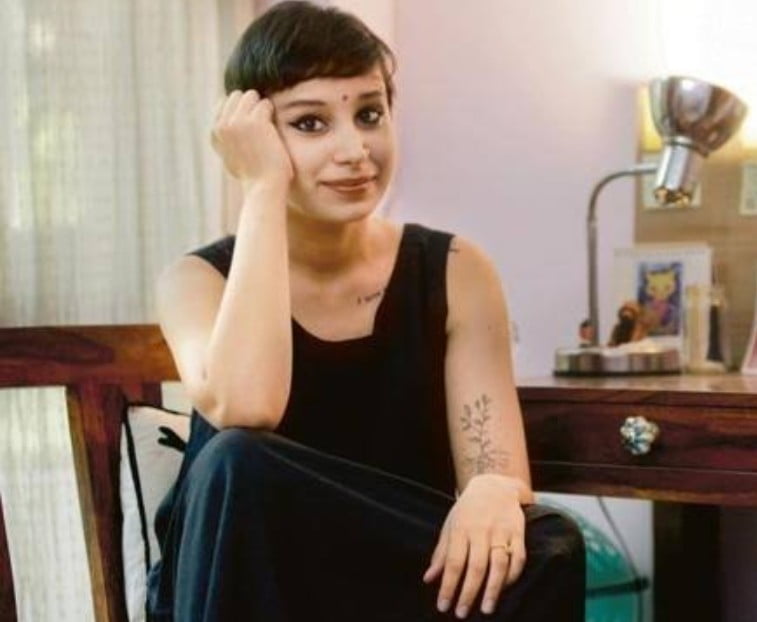
Riddhi Dastidar (they/she) is a neuro-queer journalist, researcher based in Delhi. They cover the themes of psycho-social health, public health, culture and human rights. They are working for Khabar Lahariya and lead the subscriber series ‘Sound Fury and 4G’ which covers stories from villages of north India. This year Riddhi received a Toto Award For Creative Writing for their poetry. As 2020 took a toll on several people’s mental health, Riddhi wrote about the impact the pandemic had on mental health. They are also mental health reporter for Health Collective India and IndiaSpend.
13. Anoo Bhuyan

Anoo Bhuyan is a journalist who covers topics like crime and justice, health and technology. She is a health reporter working with IndiaSpend, her work is also published with media houses like The Quint, The Wire, BBC World among others. Anoo Bhuyan not only covered news updates on COVID-19 but also various other facets such as the allocation of the PM cares fund, impact on non-COVID-19 patients, and the patent battle for the vaccine and myths around. Through her articles, Bhuyan showcased the flaws in our healthcare system and the disparity between the privileged and the others.
14. Rukmini Shrinivasan

Rukmini Shrinivasan is a data journalist based in Chennai. She works as a columnist with Live mint and IndiaSpend. Last year Rukmini won the Likho Awards for excellence in media for her article on attitudes towards homosexuality in India. Her article showed facts about how Indians approach the LGBTQIA+ community. This year Rukmani started a mini-cast called “moving curve”. It’s a 5-minute podcast where she updates the scenario of Covid-19 in our country. So far there have been 107 episodes for the podcast. She also invites professionals from various fields to discuss the impact of pandemic, especially from the medical field, this ensures we receive authentic information from direct sources. The topics of her podcast also intersect pandemic with politics and gender.
Also read: 10 Women Journalists Who Made Their Voices Heard In 2019
Disclaimer: This list is not exhaustive and more suggestions are welcome.
About the author(s)
Vasudha Chandwani is a fourth year law student studying at ILS Law College, Pune. She loves reading and enquiring about new things while also finding out ways to keep the struggle against oppression alive. She considers herself an aficionado of tea and loves gardening and binging shows with female protagonists in her free time.
